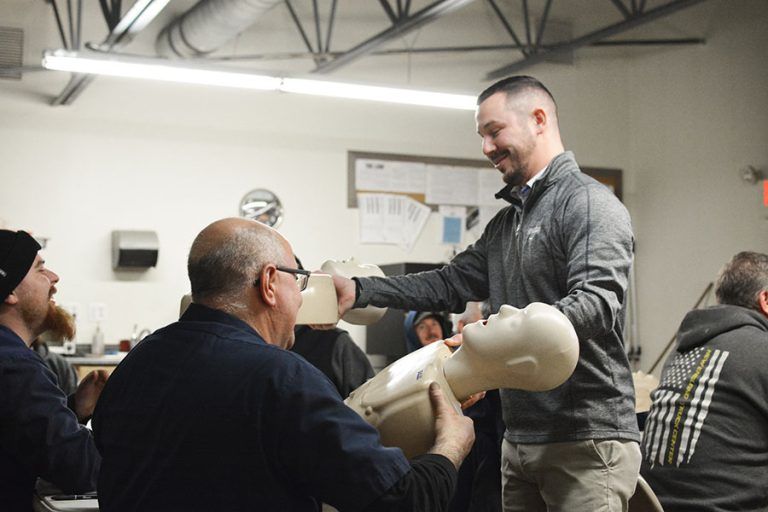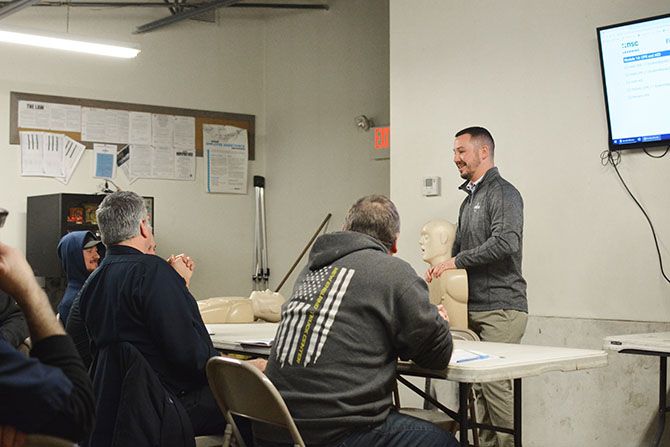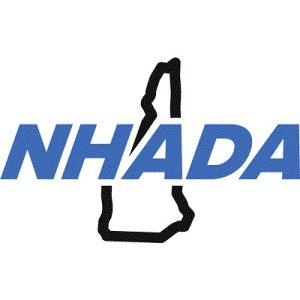Do you know what to do when someone goes into cardiac arrest? Do you start performing CPR or do you get an AED first? Are you protected from any liability if you perform CPR? You never know when you will find yourself as a bystander, but knowing what to do in that scenario can help save a life.
When someone experiences cardiac arrest, rapid intervention is crucial as brain damage can start within four minutes and brain death within 8–10 minutes. Since the average EMS response time in New Hampshire is between 3–15 minutes, having employees who are prepared, and willing, to help can make all the difference. Fortunately, NHADA has two certified CPR & First Aid instructors who are available to train employees onsite for a nominal fee of just $30 per employee.
Sometimes bystanders are concerned with assisting as there is the chance that they could fracture or break the victim’s ribs while performing chest compressions. This can happen due to the depth that the chest needs to be compressed, but a broken rib is a much better outcome than the bystander choosing to do nothing. Another concern, especially since COVID-19, is that not everyone feels comfortable when it comes to providing rescue breaths. This is okay! You can still provide chest compressions by lining up your hands on top of one other in the center of the chest and pushing down hard and fast at a rate of 100–120 compressions a minute, or keeping pace with the classic song “Stayin’ Alive.”
Automated External Defibrillators (AED) can be very intimidating if you have never seen one being used or been through AED training. Being trained is the best way to help you be prepared and feel confident if you ever have to use one, but they are designed to guide the user throughout the process. An AED utilizes voice prompts and visual instructions on the proper use; they are designed to take away human error and eliminate any worries about doing anything wrong. An AED should always be used as soon as possible in a cardiac arrest emergency as it can increase the victim’s chance of survival by up to 70%! Many members have bought AEDs at discounted rates through NH’s “Direct Purchase” program, administered by the State of New Hampshire Department of Safety.
If you would like more information on this program and/or would like to schedule a CPR class, feel free to contact Matt at 603-224-2369 or email him at mfoster@nhada.com. You may also contact Bill Wood, Coordinator Preparedness & Special Projects at N.H. Fire & EMS Academy, for information or to register a current AED. Bill can be reached by phone at 603-223-4228 or by email at William.wood@dos.nh.gov.









